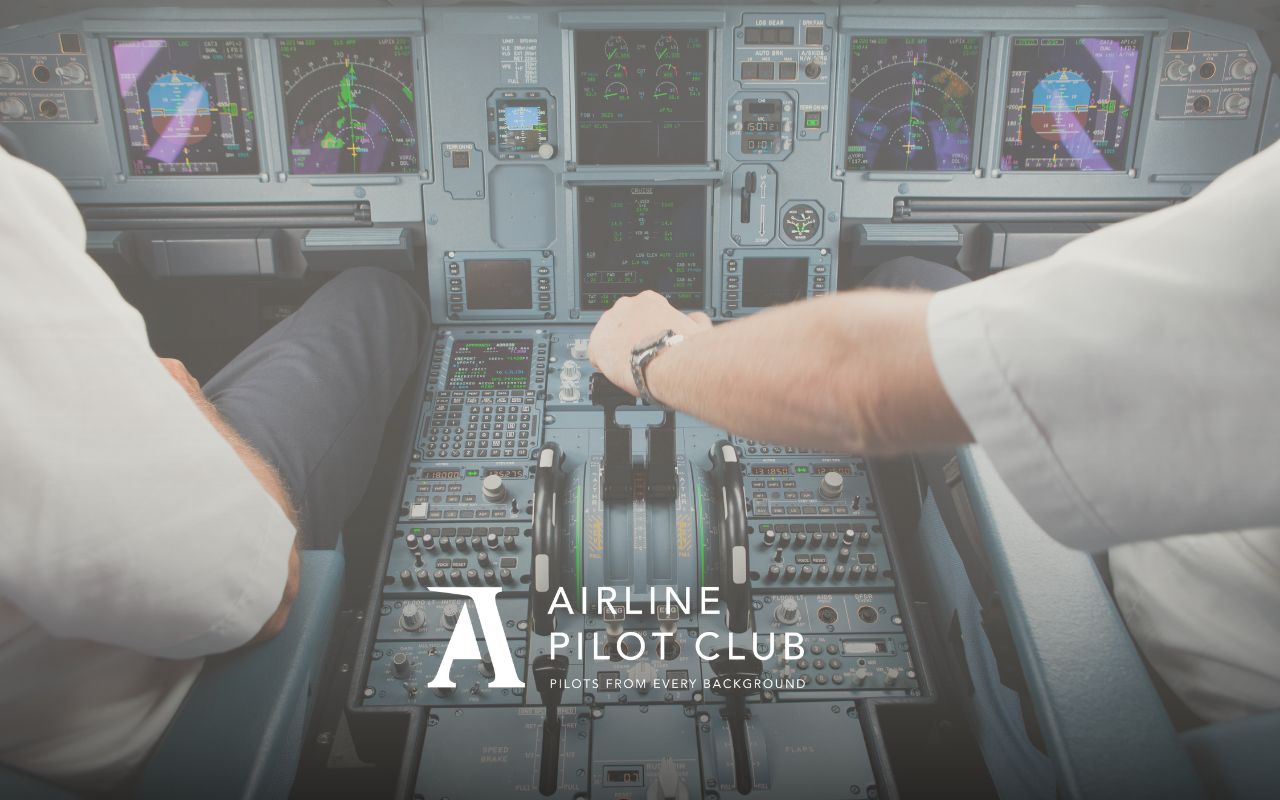As the aviation industry evolves, the emphasis on technical skills alone has shifted towards a more holistic approach that incorporates human factors and Crew Resource Management (CRM). These elements are crucial for addressing the complexities of modern aviation and ensuring that pilots are equipped to handle both routine operations and emergency situations effectively.
Importance of Human Factors in Aviation
Human factors in aviation encompass a range of psychological and physiological aspects that affect pilot performance. Understanding these factors is critical for reducing human error, which remains a leading cause of aviation accidents. Training that emphasises human factors helps pilots improve their decision-making, situational awareness, and stress management, which are vital for safe flight operations.
Crew Resource Management (CRM) Training
CRM training is designed to enhance communication, leadership, and teamwork skills among flight crew members. This training teaches pilots how to manage all available resources effectively, including human interaction, technical systems, and external communications. CRM is essential for ensuring that pilots can coordinate efficiently with co-pilots, cabin crew, and ground control, especially in high-pressure environments.
Integrating Human Factors and CRM into Training Programs
Modern pilot training programs integrate human factors and CRM from the early stages. Simulations and role-playing exercises are used extensively to replicate real-life scenarios where these skills are crucial. This practical approach ensures that pilots not only understand the theory behind human factors and CRM but are also able to apply these concepts in actual flight conditions.
The Benefits of a Human-Centric Approach
A training focus on human factors and CRM has proven benefits, including enhanced safety and operational efficiency. Pilots trained in these disciplines are better prepared to anticipate, respond to, and recover from challenges encountered during flight. Moreover, this approach fosters a culture of safety and continuous improvement within airline operations.
The integration of human factors and CRM into pilot training is a testament to the aviation industry's commitment to advancing safety and efficiency. By focusing on the human elements of flight operations, training programs are preparing pilots not only to fly aircraft but also to manage the complexities of modern aviation environments effectively. As technology and aircraft become more advanced, the role of human factors and CRM will continue to be a cornerstone of pilot training programs.




